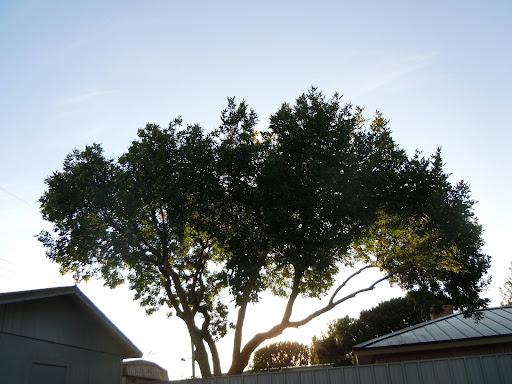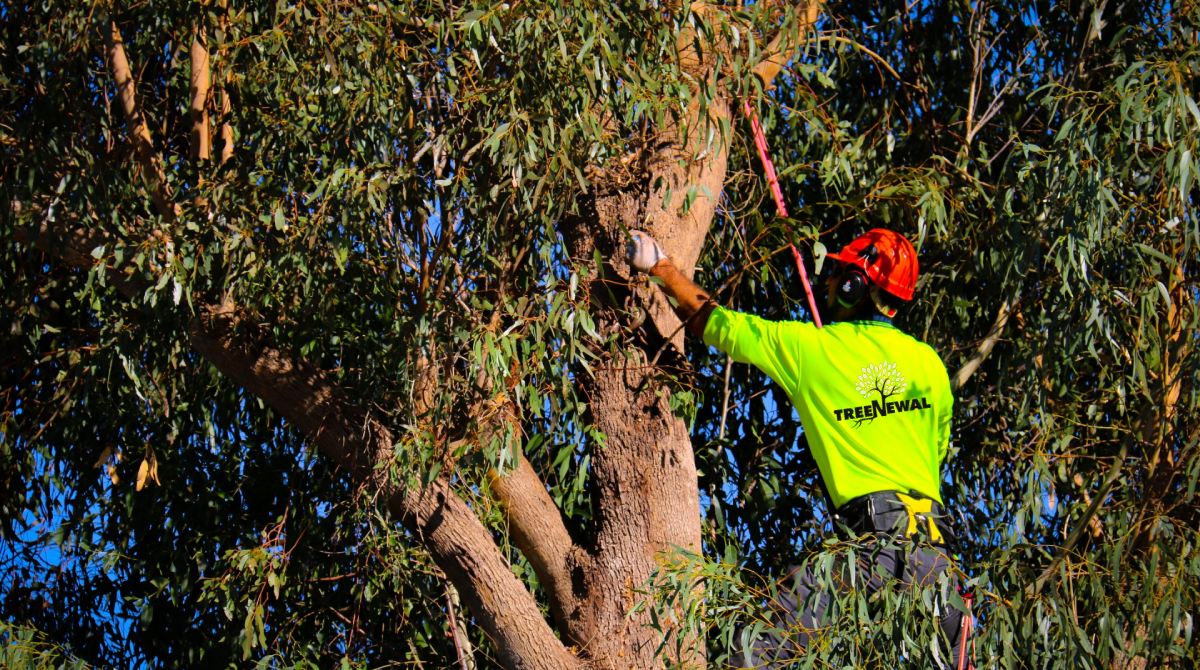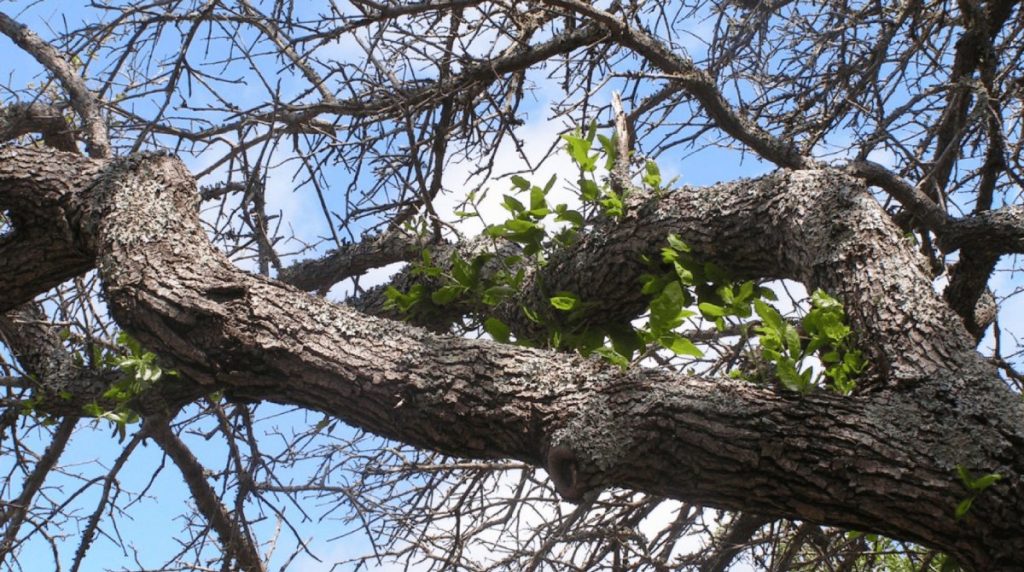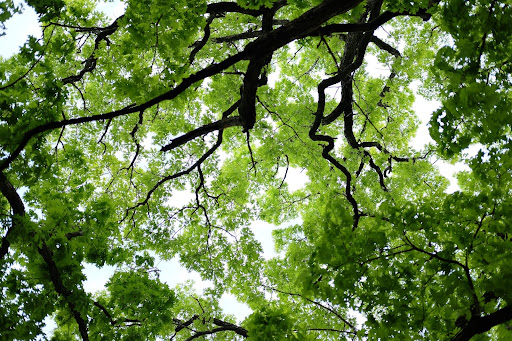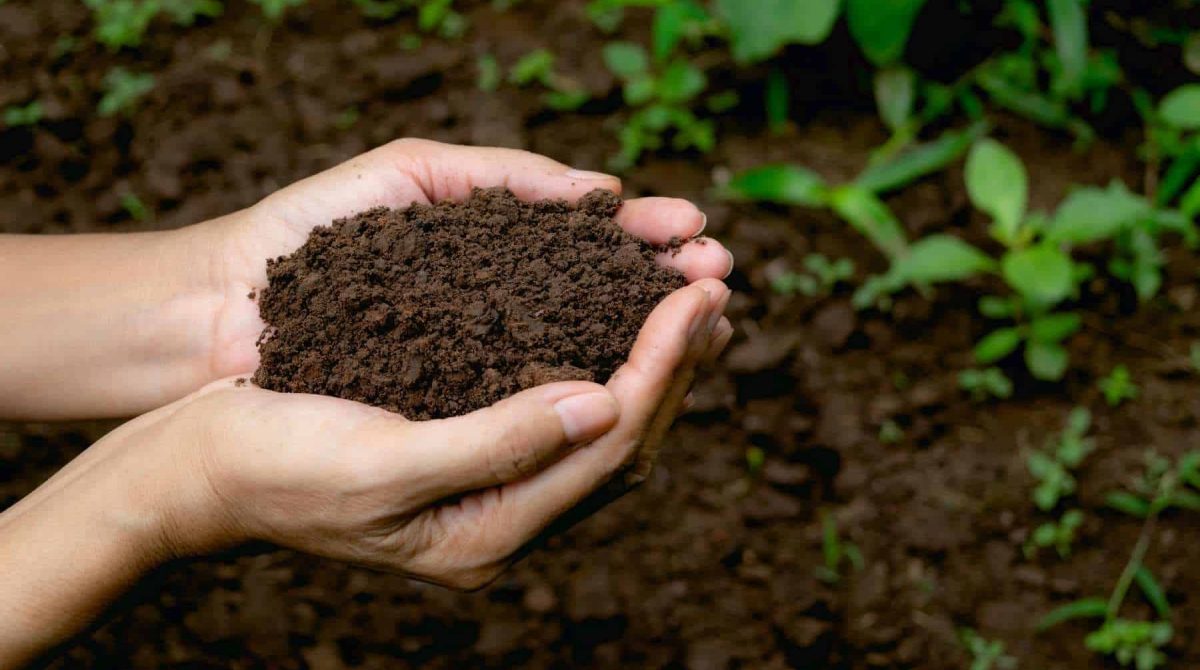
Date July 18, 2022
Category
Your trees can only ever be as healthy as your soil. But how do you know the kind of shape your soil is in? There are several methods you can try, depending on what kind of information you’re looking for. In this blog post, we’ll discuss some of the most popular methods for determining soil health. We’ll also give you some tips on how to manage your soil health so that your yard thrives!
What Makes Soil Considered “Healthy”?
Before we get into how to determine soil health, it’s important to understand what factors are used to consider soil healthy in the first place. Generally, healthy soil is rich in organic matter, has good drainage and aeration, and supports a diverse range of plant life. Soil that is lacking in one or more of these areas is said to be “unhealthy.”
What Does a Soil Health Test Check?
There are a few different soil health tests you can perform, each of which will give you different information about your soil. A basic soil test will check the pH levels, nutrient levels, and organic matter content of your soil. This information can be helpful in determining what kind of plants will do well in your yard and what amendments you may need to add to your soil.
A more advanced soil test sometimes called a “soil health assessment,” will also check for things like soil texture, porosity, and bulk density. This information can be helpful in determining how well your soil drains and aerates, which is important for the overall health of your trees.
Tips to Determine Soil Health
There are a few different ways that you can determine the health of your soil. One popular method is to do a soil test. You can purchase a soil testing kit from your local nursery or gardening store, or you can send a sample of your soil to a professional laboratory. Soil tests will give you information on the pH level of your soil, as well as the levels of nutrients and organic matter.
Another way to determine soil health is to simply observe your plants. Healthy plants will have deep green leaves, strong roots, and plenty of new growth. Unhealthy plants will be yellow or pale, with stunted growth and weak roots. If you see these signs in your plants, it can be an indication that your soil is unhealthy and in need of some improvements.
Popular Soil Health Tests
There are a few different ways to determine whether or not your soil is healthy. Let’s take a look at some of the most popular methods.
The Soil Health Card Test
One way to get an idea of your soil health is to try the soil health card test. This test was developed by the Natural Resources Conservation Service, and it’s a great way to get a quick overview of your soil. To do the test, you’ll need a soil health card (which you can order for free from the NRCS website) and a sample of your soil. Once you have both of those things, follow these steps:
- Wet your soil sample and mix it well.
- Take a small amount of soil and place it on the card in the “A” spot.
- Spread the soil out as best you can, then use the back of your hand to press it down firmly.
- Repeat this process for each of the remaining spots on the card (B through G).
- Once you’ve pressed soil into all of the spots, set the card aside and allow it to dry.
- Once the card is dry, compare your results to the chart on the back of the card to see how healthy your soil is.
The Soil Health Test Kit
If you want a more detailed look at your soil health, you might want to try a soil health test kit. These kits are available for purchase online or at your local nursery, and they usually come with everything you need to collect and submit a sample of your soil.
Once you’ve submitted your sample, you’ll receive a report back that will tell you about the nutrients in your soil, the pH level, and more. This information can be very helpful in determining what kind of amendments you might need to add to your soil to improve its health.
The Visual Soil Assessment
If you don’t want to go through the hassle of collecting and submitting a soil sample, you can try a visual soil assessment. This method simply involves observing your soil and looking for signs of health or potential problems.
To do a visual assessment, start by digging a small hole in your soil (about 12 inches deep). Once you’ve done that, take a look at the sides of the hole and note any changes in color or texture. Then, observe the roots of the plants in your yard. Healthy roots should be white or light-colored, while unhealthy roots will be dark-colored and brittle.
How to Improve Your Soil Health Management
Now that you know how to determine soil health, it’s time to talk about how to improve it! Luckily, there are a few simple things you can do to get your soil back on track.
Add organic matter
One of the best ways to improve soil health is to add organic matter. This can be done by adding compost, mulch, or other organic materials to your soil.
If your soil doesn’t drain well, it can lead to a number of problems (including root rot). To improve drainage, add organic matter to your soil and make sure it’s graded so that water drains away from your house.
Amend clay soils
Clay soils are very common in North Texas and can be very difficult to work with – but they can be improved by conditioning and adding organic matter. If you have a lot of clay in your soil, you might want to consider hiring a professional to help you amend it.
Get Confident Results with TreeNewal!
Want a soil health test you can trust is both accurate and comprehensive? At TreeNewal, we offer a full soil health analysis that will give you the information you need to make informed decisions about your trees. Contact us today to learn more!
By following these tips, you can improve the health of your soil and create a better environment for your plants. So don’t wait – get started today!
If you need advice or assistance with your maple tree, get in touch with the ISA Certified Arborists at TreeNewal and enjoy tailored tree care advice.
To learn more about How Do You Determine Soil Health? The Complete Guide to Tips for Your Yard, call our Argyle and Southlake-based teams
at (817) 592-6846 or send us a message.
We’re a little different than the average tree services company.
Learn more about TreeNewal’s ISA Certified Arborists!
Our Dallas/Fort Worth-based tree doctors can explain how sustainable tree care services add more value to your bottom line.
Healthy trees, healthy lives.
